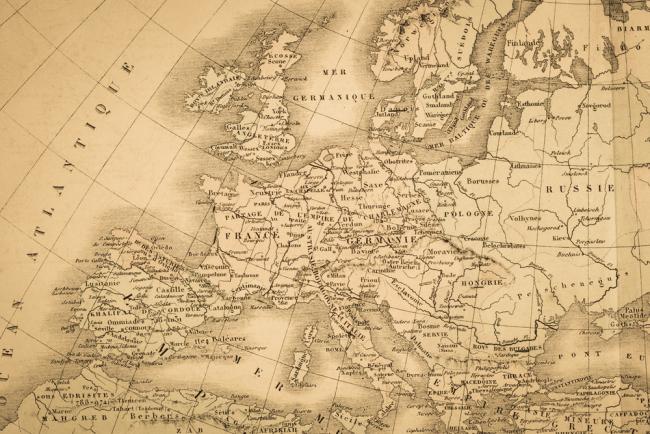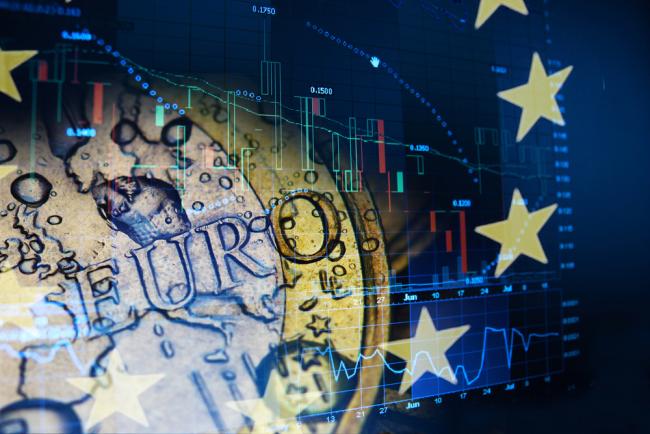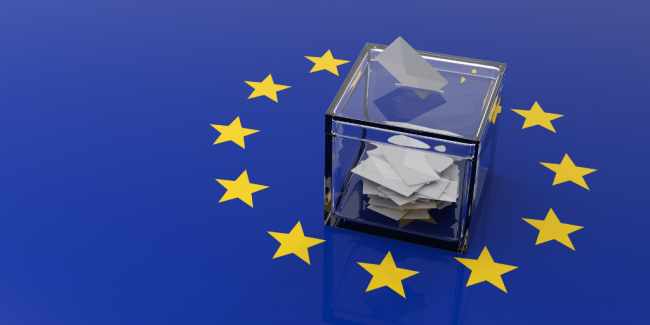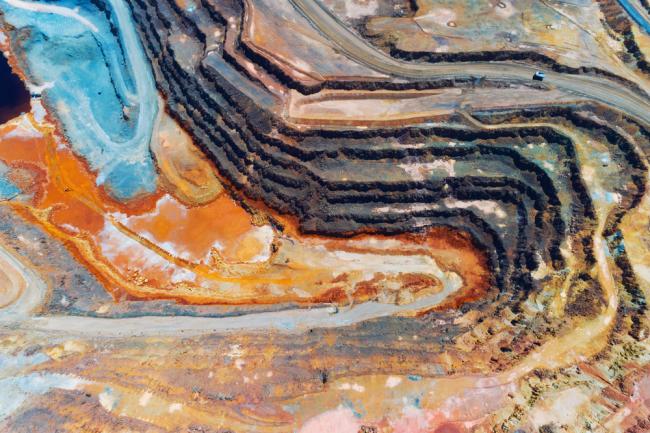Europe
Europe is described here in a geographical sense. It is not limited to the European Union, and includes, for example, the United Kingdom and the Balkans. It remains central to international relations.
Related Subjects

Merz’ European Policy-making: The End of the ‘German Vote’?
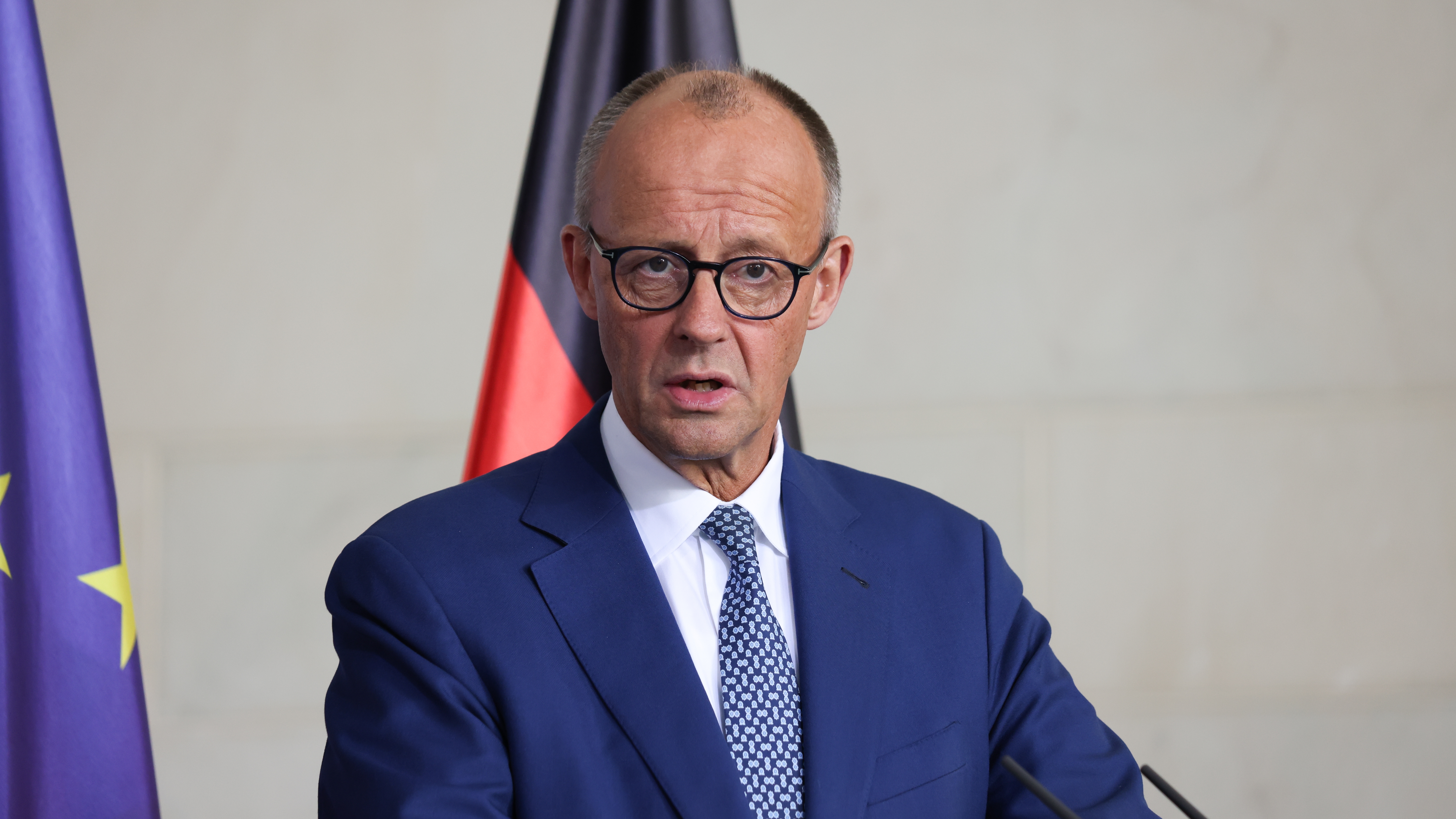
Friedrich Merz’s European ambition is to turn Germany, long seen as hesitant into a leading actor within the European Union (EU). To that end, he has pledged to end the “German vote,” a phenomenon that epitomizes the paradox of a country both indispensable and frequently absent from European decision-making.

The European Union in Crisis: What Challenges Lie ahead and Why It Matters for Korea
The EU is currently undergoing serious challenges from inside such as Brexit and strengthening Euroscepticism, rising populism and changing political geography, anti-immigration moods as well as retarded economic recovery.
Seven Years of The 16+1: An Assessment of China’s ‘Multilateral Bilateralism’ in Central Europe
Since mid-2012, in the wake of the global financial crisis, China has sought to reinvigorate relations with Central and Eastern Europe (CEE), notably through the creation of the 16+1 formula.
The Waning of Universalism
During the 19th century, Westerners provided ideological justifications for their colonization, namely spreading the Enlightenment across the globe. This project was received favorably until the second half of the 20th century. Over the last 20 years, it has met new hostility. The “universal values” promoted by the West are viewed today as a form of imperialism to be opposed – especially by China, Russia and Turkey.
The Waning of Universalism
During the 19th century, Westerners provided ideological justifications for their colonization, namely spreading the Enlightenment across the globe. This project was received favorably until the second half of the 20th century. Over the last 20 years, it has met new hostility. The “universal values” promoted by the West are viewed today as a form of imperialism to be opposed – especially by China, Russia and Turkey.
Imagined Geographies of Central and Eastern Europe: The Concept of Intermarium
Like the proverbial cat, some concepts have several lives. Or, like the mythological phoenix, they can be reborn from the ashes. This is certainly the case of the Intermarium, a geopolitical concept that envisaged an alliance of countries reaching from the Baltic Sea over the Black Sea to the Aegean Sea that would serve as a third power bloc between Germany and Russia.
Will the EU Let Itself Be Bought ? New Framework for Foreign Direct Investments in Europe
In 2016, Chinese foreign direct investment (FDI) inflows into the European Union (UE) reached a record high, in contrast to the steady decline in FDI flows from the EU to China. Beijing is looking for markets and strategic assets and particularly targets advanced technologies in major European economies, deploying an aggressive and sometimes opaque strategy.
European Elections 2019: Structuring the Debate
From May 23 to 29, over 300 million Europeans are set to elect a new Parliament for a five-year term.
The Franco-German Tandem: Bridging the Gap on Nuclear Issues
The Franco-German couple has long been characterized by divergent trajectories on nuclear matters, and antagonist historical decisions still frame the current relationship.
The need for a strategic recycling approach to take up the challenge of critical metals
In September 2010, China stopped all exports of rare earths and associated products to Japan, depriving Japan’s industry of essential raw materials. This decision highlighted the tensions around the trade of critical materials and China’s monopoly on a group of particular metals. Western countries had already taken some initiatives so as to reduce, or at least to analyse their vulnerabilities in the segment of critical materials.
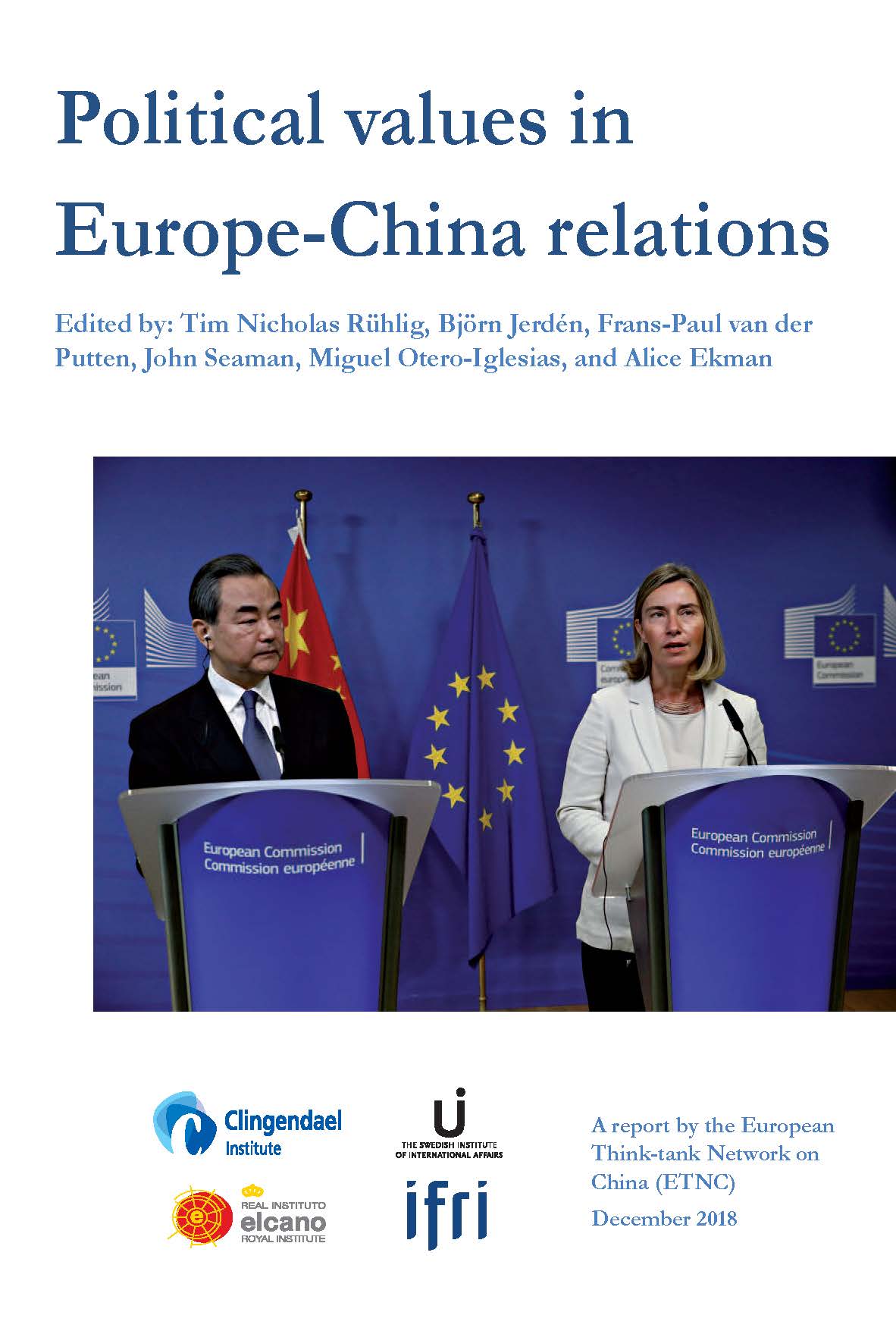
Political Values in Europe-China Relations
What role do political values play in Europe-China relations 70 years after the signing of the Universal Declaration of Human Rights?
Galileo, the Long Road to European Autonomy
Galileo is one of the most ambitious programs ever managed by the EU. As such, it illustrates the challenges and the opportunities offered by the development of a European Space Policy at the political, industrial, economic and international level.
The Evolving Architecture of Space and Security
Today, Europe is taking initiatives both to prevent space weaponization and to develop space militarization. While national States remain the central players in this regard, the intergovernmental European Space Agency is increasingly involved in security-related activities and the European Union is showing growing political ambitions in this area.
European Defence Economy Afflicted by the Crisis
The European defence sector generates €86 billion annually - and that is only taking into account the 2009 turnover of the European defence industry for the three areas - aeronautics, land forces and naval forces.
Wind Power: a Victim of Policy and Politics?
In December 2008, as part of the fight against climate change, the European Union adopted the Energy and Climate package that endorsed three objectives toward 2020: a 20% increase in energy efficiency, a 20% reduction in GHG emissions (compared to 1990), and a 20% share of renewables in final energy consumption.

The EU's Major Electricity and Gas Utilities since Market Liberalization
A major change has taken place in the company structure of the European electricity and gas markets. Twenty years ago, national or regional monopolies dominated the markets and there was strictly no competition between utilities. But since the liberalization of EU energy markets began in the 1990s, companies like E.ON, GDF Suez, EDF, Enel, and RWE have become European giants with activities in a large number of Member States.
Russian Gas Diplomacy
Thank goodness our early warning systems during the cold war were not structured so we could see the flash at the same time we heard the warning. On Monday, the Russians notified the Europeans under an “Early Warning” agreement negotiated after the last Ukrainian gas cutoff that they had already cut gas flows to Belarus by 15% and that would increase cuts to 85% by the end of the week. Not very good news for the Belarusians who enjoy the most gasified economy in the world - everything there runs on gas.
Moldova: A Status Quo of EU Institutional Relations
The barbed wire at the Prut River, on the Republic of Moldova’s (Moldova) border with Romania and, thus, with Europe will be removed by March 2010. This way, the last soviet “wall” will be torn. Maybe this symbolic action will open the door to the European Union (EU).
The Future of the European Monetary Fund: Any Prospects?
The European summit last week has resulted in a compromise short-term agreement for aid to Greece.
Support independent French research
Ifri, a foundation recognized as being of public utility, relies largely on private donors – companies and individuals – to guarantee its sustainability and intellectual independence. Through their funding, donors help maintain the Institute's position among the world's leading think tanks. By benefiting from an internationally recognized network and expertise, donors refine their understanding of geopolitical risk and its consequences on global politics and the economy. In 2025, Ifri supports more than 80 French and foreign companies and organizations.










